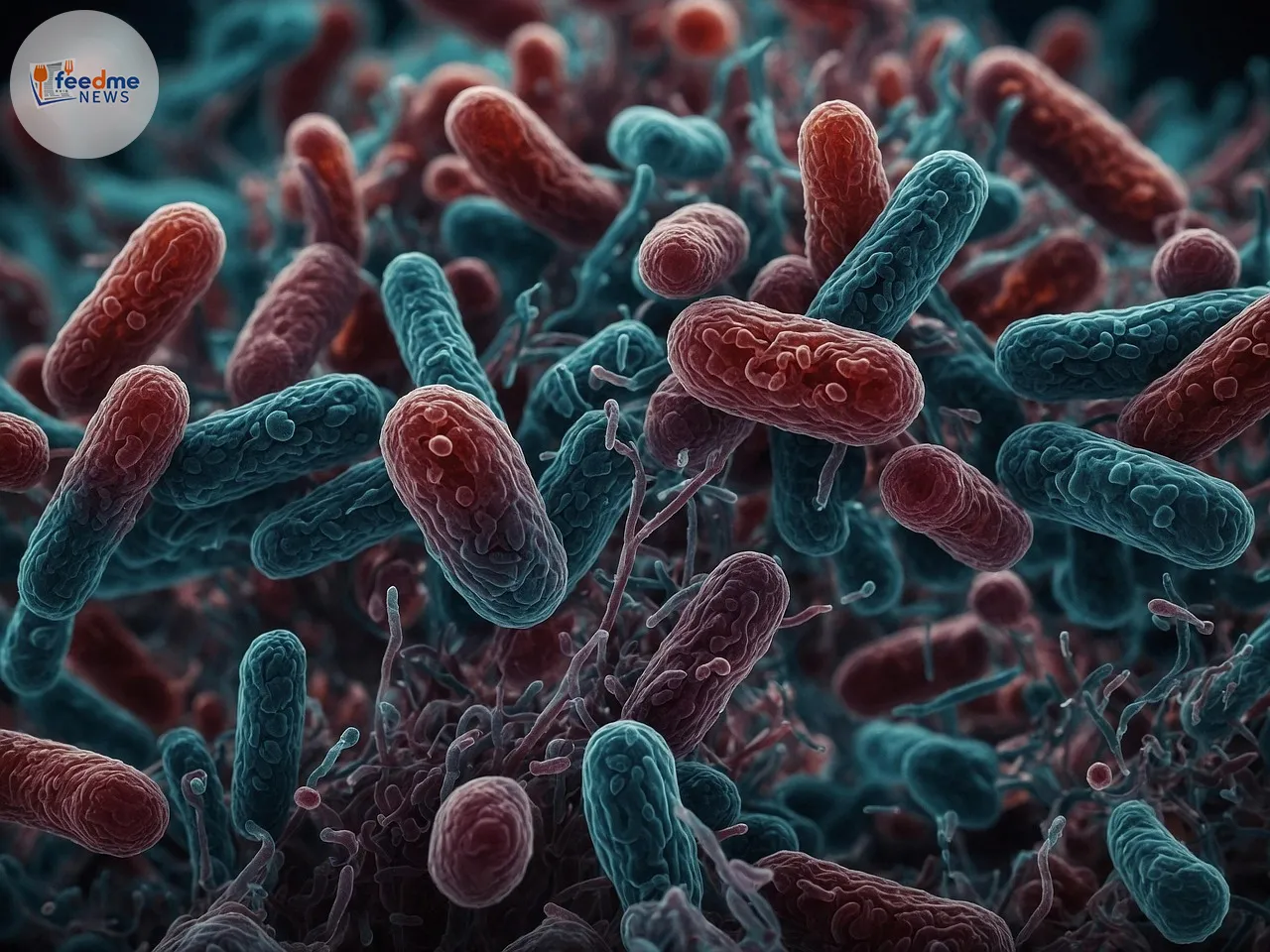In a groundbreaking revelation, researchers from the University of Hawai?i at M?noa have uncovered significant insights into the role of gut bacteria in human health. The study, published in the International Journal of Molecular Sciences, highlights how these microorganisms interact with our genes, potentially influencing disease susceptibility, ageing, and future medical interventions. This discovery could revolutionise our understanding of microbiome-related health dynamics.
The research, led by a team of molecular scientists, suggests that the trillions of bacteria residing in the human gut may have a more profound impact on our genetic expression than previously understood. By delving into the complex interactions between gut microbes and human genes, the study opens new avenues for medical research and treatment strategies.

The Study’s Timing and Context
The University of Hawai?i at M?noa released this pivotal study on 22nd September 2025, marking a significant advancement in microbiome research. The research took place within the university’s state-of-the-art facilities, leveraging cutting-edge technology to explore the intricate relationship between gut bacteria and genetic expression.
This study emerges at a time when the scientific community is increasingly recognising the microbiome’s role in health and disease. Researchers have long speculated about the potential influence of gut bacteria on genetic processes, but this study provides robust evidence and a detailed analysis of these interactions.
Gene Expression and Microbiome Interaction
The study’s findings reveal that gut bacteria can affect how genes switch on and off, a process known as gene expression. This interaction plays a crucial role in various bodily functions, including metabolism, immune response, and even mental health. By influencing gene expression, gut bacteria may alter the body’s susceptibility to diseases and ageing processes.
Dr. Emily Nakamura, the lead researcher, explained, “Our research shows that the microbiome can modulate host gene expression, which could have significant implications for understanding the development of diseases and ageing.” The study underscores the potential for microbiome-based therapies in treating genetic disorders and enhancing health outcomes.
Potential Implications for Disease and Ageing
The implications of these findings are vast. By understanding how gut bacteria influence gene expression, scientists can better comprehend the mechanisms behind diseases such as diabetes, obesity, and even cancer. This knowledge could pave the way for innovative treatments that target the microbiome to prevent or manage these conditions.
Moreover, the study suggests that gut bacteria may play a role in the ageing process. By modulating genes associated with ageing, the microbiome could potentially be harnessed to promote healthier ageing. As Dr. Nakamura noted, “This research opens up exciting possibilities for developing interventions that could delay the onset of age-related diseases.”
Expert Insights and Future Research
Experts in the field have praised the study for its depth and potential impact. Professor James Lin, a leading microbiome researcher, commented, “This study is a significant step forward in understanding the complex relationship between our genes and the microbiome. It highlights the need for further research to fully explore the therapeutic potential of microbiome manipulation.”
Future research will likely focus on identifying specific bacterial strains that have the most significant impact on gene expression. Understanding these interactions at a granular level could lead to personalised microbiome therapies tailored to individual genetic profiles, revolutionising personalised medicine.
Moving Forward: A New Era in Health Research
As we move forward, this study represents a pivotal moment in health research, emphasising the critical role of the microbiome in genetic expression and overall health. The findings could transform the approach to medical treatments, focusing on managing and manipulating gut bacteria to optimise health outcomes.
With further research and exploration, the potential to harness the microbiome’s power could lead to breakthroughs in treating genetic disorders, managing chronic diseases, and promoting healthier ageing. As the scientific community continues to unravel the mysteries of the microbiome, the prospects for improved health and longevity look promising.






